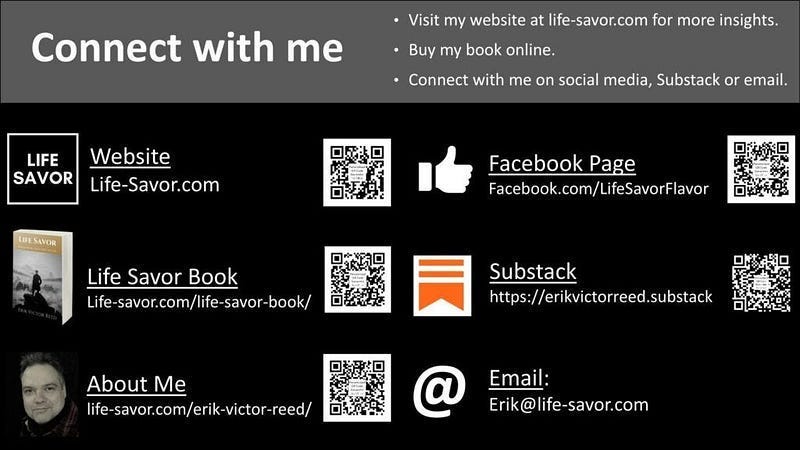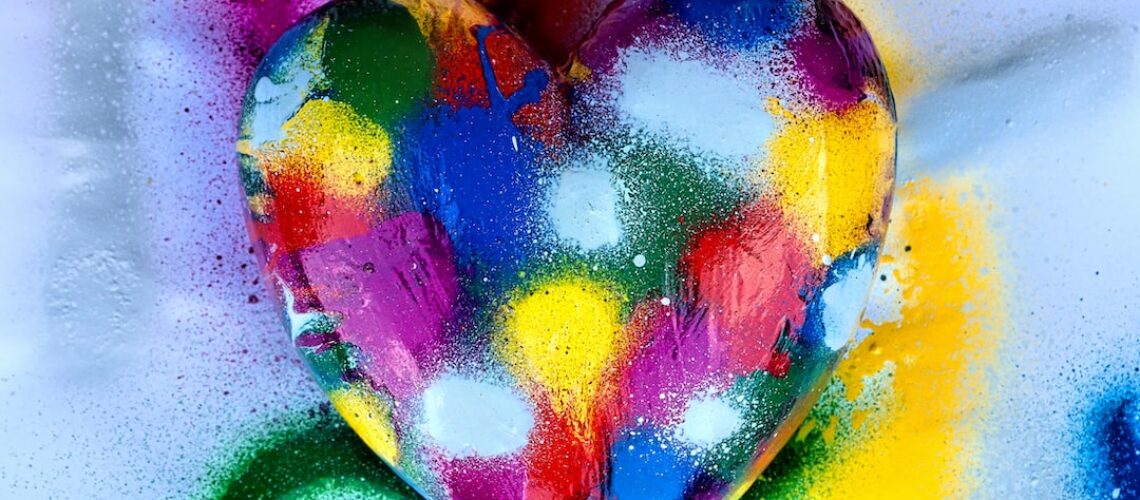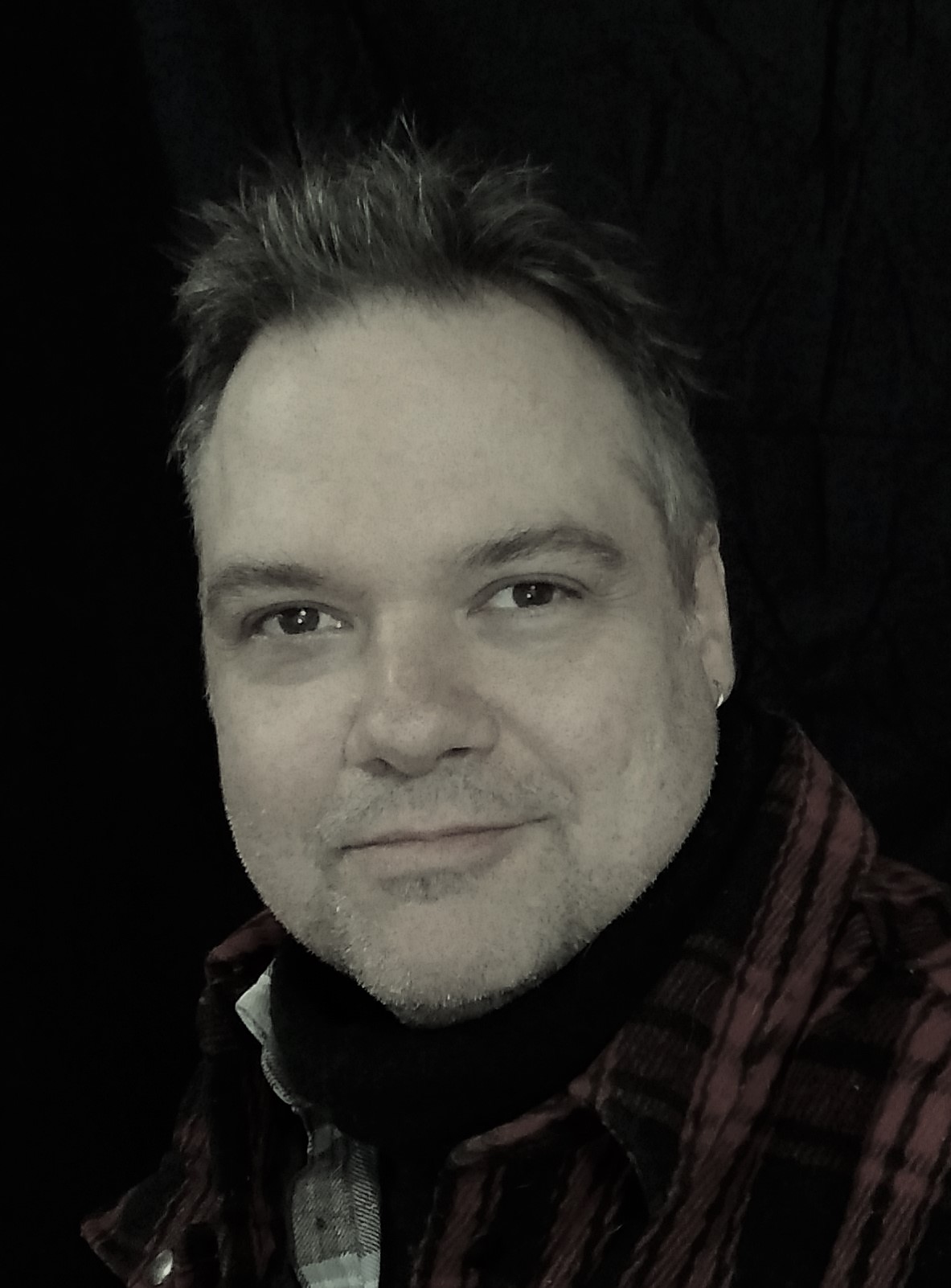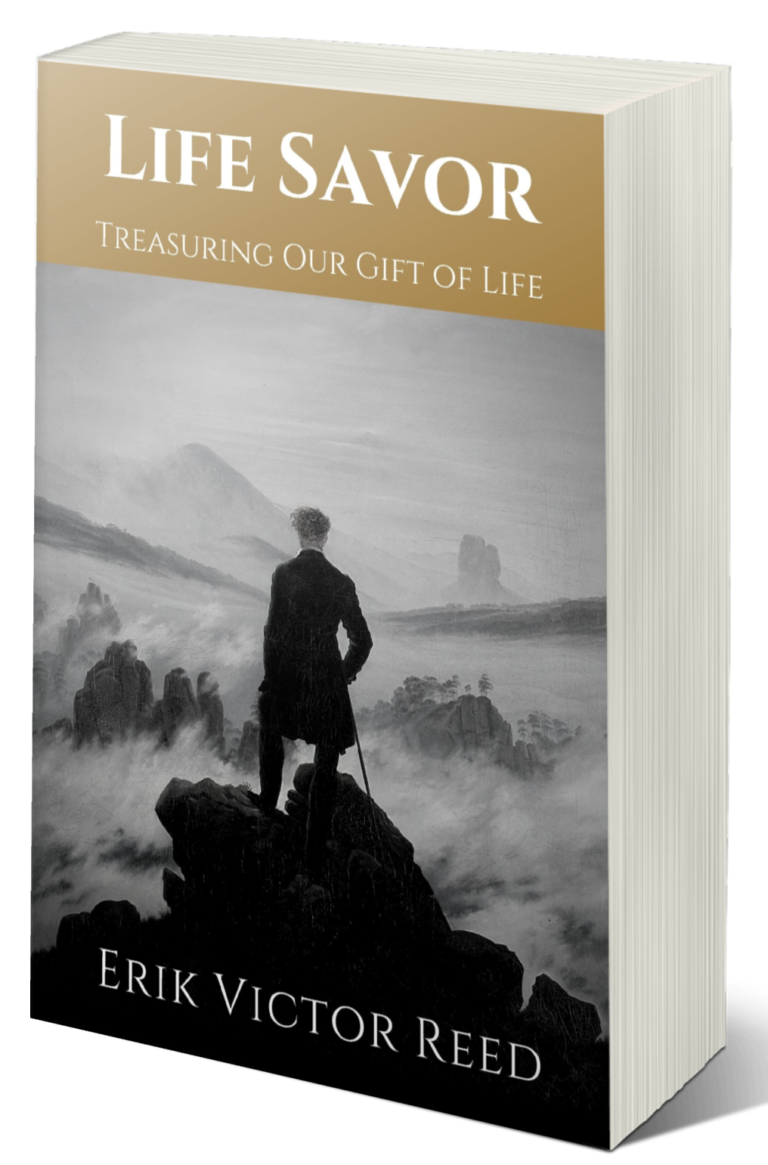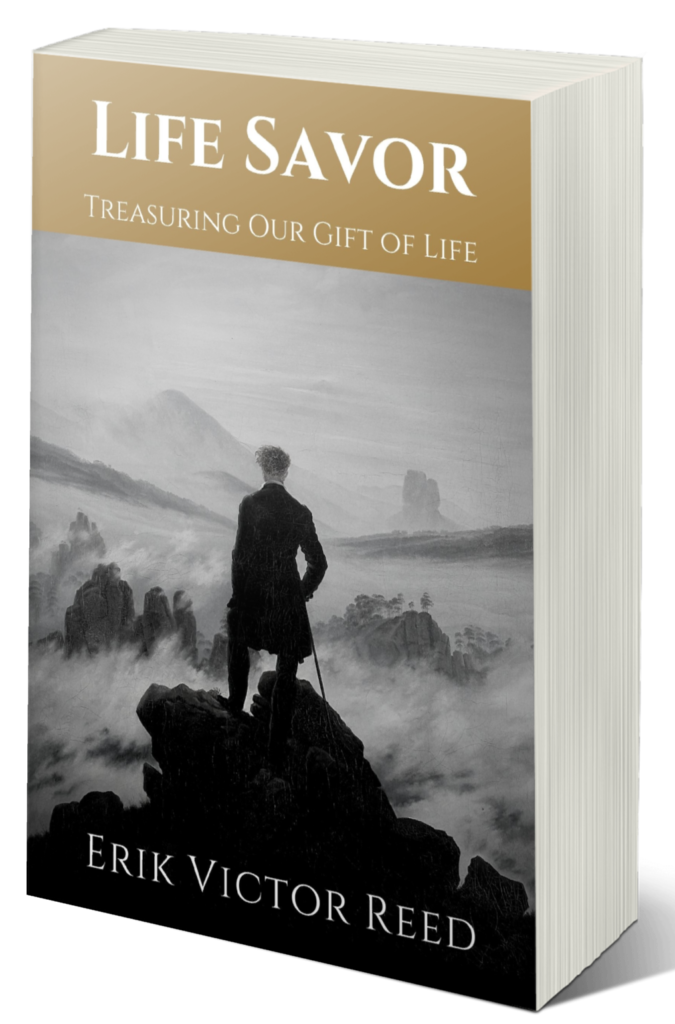Why embracing imperfection is part of dignity
The Pressure of Perfection
We live under constant pressure to appear polished: flawless resumes, curated photos, carefully edited stories. The message is subtle but relentless: Don’t let them see the cracks.
But the cracks are part of being human. To live authentically requires courage not to disguise them all. Courage, in this sense, is not only about heroism on battlefields or podiums. It’s about the daily bravery of letting ourselves be fully human — imperfect, vulnerable, unfinished.
The Weight of Expectations
From childhood, expectations stack up. Be strong. Be smart. Be kind. Be successful. We internalize these until we feel guilty for failing to meet every one, every day.
But no one can embody all virtues at all times. The attempt to do so erodes self-respect, because it replaces honesty with pretense. The harder we cling to an image of perfection, the farther we drift from our real selves.
The Mirror Scene
Picture standing before a mirror. Behind you, a chorus of imagined voices: “Don’t fail. Don’t falter. Don’t reveal weakness.” You feel the tug to tighten the mask.
Now imagine choosing differently. Instead of masking, you exhale. You say aloud: I am not perfect. And I don’t need to be.
That moment is quiet courage. It doesn’t make headlines, but it changes the day. You step out into the world lighter, less encumbered by performance.
Mistakes as Teachers
To err is not merely human; it is necessary. Mistakes carve out the edges of our selfhood, showing us where our strengths lie and where growth is possible.
Think of a musician learning a new piece. Wrong notes aren’t interruptions of the process — they are the process. Without them, mastery never arrives.
Our lives work the same way. The courage to be human means allowing mistakes to be part of our dignity, not stains upon it.
Vulnerability as Strength
Courage also means risking vulnerability. To admit need, to ask for help, to say “I was wrong” — these are not weaknesses but profound strength.
Relationships deepen not through perfection but through honesty. To confess a failure, to reveal a wound, to share a fear is to invite connection. It risks rejection, yes. But it also creates the possibility of love that is real rather than conditional.
Around the Campfire
Picture a group of friends around a fire. One person admits, with trembling voice, “I’m struggling.” For a moment, silence. Then another says, “Me too.” Suddenly, the circle shifts. Masks fall, warmth rises. The fire doesn’t just heat the air — honesty heats the bond.
This is the courage to be human in action. It takes one brave admission to invite others into the truth.
Practices of Human Courage
- Name one imperfection aloud. Say it to yourself or a trusted friend without apology.
- Reframe mistakes. Instead of asking, “How could I fail?” ask, “What did this teach me?”
- Risk a confession. Share something vulnerable with someone who matters. Let honesty strengthen connection.
- Release the mask. Choose one place in your life where you will stop pretending.
These practices don’t weaken us. They restore integrity.
Mortality’s Reminder
One day, the performance ends. Death levels all masks. Pretending to be flawless gains us nothing in the face of finality.
Mortality frees us from the illusion that perfection is required. It whispers: you don’t have time to waste on pretense. You only have time to live as you are.
Closing Thought
The courage to be human is not about lowering standards. It’s about lifting the weight of impossible ones. It’s about walking into the day as a whole person — flawed, learning, vulnerable, alive.
Let others chase perfection. Choose honesty. Choose humanity.
Because dignity is not found in the mask. It’s found in the courage to remove it.
For more like this, visit the broader project at life-savor.com, or explore the Life Savor book itself.
To learn more about Life Savor’s philosophy,
read Life Savor: Treasuring Our Gift of Life by Erik Victor Reed.

